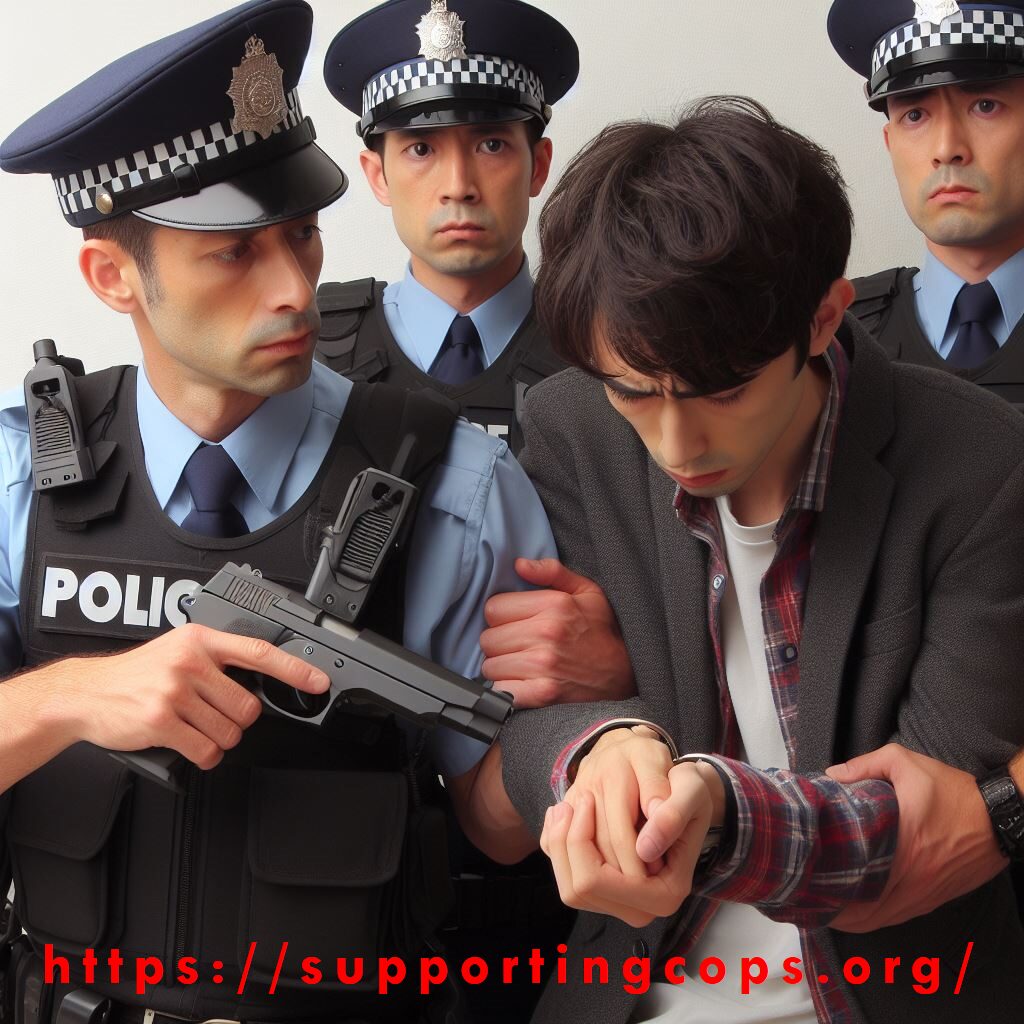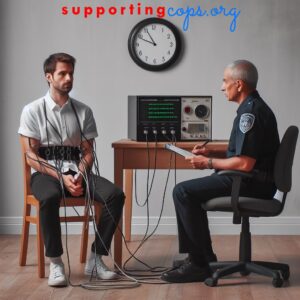What Does EDP Stand for Police?
Definition of the Abbreviation EDP
The abbreviation “EDP” stands for “Emotionally Disturbed Person” in police terminology. It is used to designate individuals that officers encounter who are experiencing severe emotional or mental distress.
Origins and History of the Term
This terminology has been part of police lexicon for decades. The term EDP emerged as understanding of mental health evolved and the need for specialized crisis intervention training for law enforcement became evident.
When and Why the Term EDP Entered the Police Lexicon
While precise origins are unclear, the term became widespread in the 1960s and 1970s alongside broader recognition of the prevalence of mental health issues. Using the designation EDP enabled tailored response to assist vulnerable community members.
Current Usage in Law Enforcement Contexts
Today, EDP remains common terminology used across police departments when dispatching calls. Identifying situations as involving an EDP prompts specific operational procedures to enhance sensitivity.
Why Identifying EDPs is Important for Police
Using this designation offers several benefits that strengthen police response.
Allows Specialized and Sensitive Response
Recognizing an EDP scenario alerts officers to use caution and customized crisis intervention approaches. This prioritizes the safety and well-being of all involved.
Ensures Safety of All Involved Parties
A specialized EDP response minimizes risks and potential harm to the individual in distress, officers, and general public.
Builds Community Trust and Positive Relations
Compassionate handling of mental health crises demonstrates that police can effectively address diverse community needs and vulnerabilities. This fosters greater public confidence and partnerships.
The Complex Intersection of Mental Health and Policing
Use of the EDP designation also points to broader challenges at the intersection of law enforcement and mental health.
Increased Rate of Police Encounters with Individuals Facing Mental Health Challenges
Officers today engage with more individuals in mental distress than ever before. Experts estimate:
Estimates of Percentage of Police Calls Involving Individuals with Severe Mental Illness
Roughly 10% of police calls involve persons with serious psychiatric disabilities according to data, presenting unique situational demands.
Proper Training Enables De-Escalation and Reduces Potential Harm
Equipping officers with crisis intervention and mental health de-escalation techniques tailored for EDP calls minimizes risks of harm.
Overview of Crisis Intervention and Mental Health First Aid Training
Such trainings teach officers verbal tactics to stabilize situations and reduce use of force, enhancing confidence and safety for all.
Collaboration Between Mental Health Professionals and Law Enforcement
Joint response models integrating officers and mental health experts offer comprehensive support and appropriate care to those in crisis.
Co-Response Programs Pairing Officers and Clinicians
A growing number of jurisdictions use co-response teams coupling law enforcement with on-scene psychiatrists or similar specialists when engaging EDPs.
Controversies and Criticisms Regarding the EDP Designation
While the EDP designation facilitates vital response procedures, it faces fair critiques.
Concerns About Stigmatization from Labeling
Mental health advocates argue the EDP term attaches unfavorable stereotypes to vulnerable groups, preferring person-first language.
Calls for More Person-First Language from Advocates
Many urge greater sensitivity, using phrasing such as “person experiencing emotional distress” rather than labels like EDP.
Arguments for Relying Less on Police to Handle Such Situations
Some experts believe mental health professionals should lead response to EDP crises rather than law enforcement lacking clinical expertise.
Proposals for Increased Funding of Community Mental Health Resources
Accordingly, many advocate higher investments in mental health facilities and mobile crisis services to proactively address such situations with appropriate clinical care outside police purview.
Potential for Misuse or Misjudgment in Applying the EDP Label
Without diligent training on mental health dynamics, officers may inappropriately or preemptively characterize individuals as EDPs absent sufficient cause. Robust education and oversight helps mitigate such risks.
In summary, understanding the EDP designation in policing provides vital insight into the evolving intersection between law enforcement and mental health. While not without controversy, it prompts protocols that can enhance safety, trust, and care when utilized responsibly through ongoing education and oversight. Still, it illuminates the need for greater societal solutions to support community mental health outside crises requiring emergency response.






